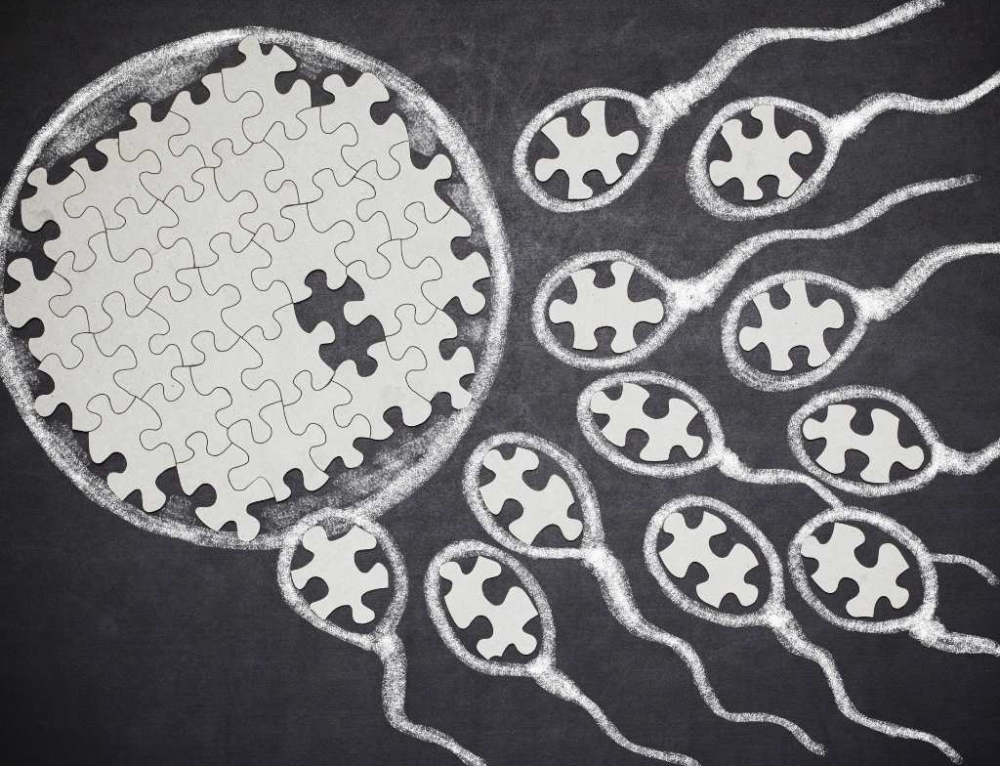Supporting a labouring and birthing partner is not only a privilege, but it can also have an impact on the overall experience your partner and baby have.
For some, this can be a little overwhelming so to take away some of the mystery, we have put together a guide of the key things you can do to help.
Your role is important
While you might feel as if you will be a spare wheel during labour and birth, a supportive birth partner can ensure the birthing person is less likely to experience a traumatic birth or to feel alone or vulnerable, which in turn enhances their whole birth experience. Physiologically, if the birthing person is feeling vulnerable, their body can go into flight-or-flight mode which can actually slow down labour – which in turn may result in more interventions. 1
So, how can you become a supportive birth partner?
Armed with knowledge
Being able to reason and problem-solve effectively requires knowledge so now is a great time to do some research on the birth stages and how your partner might react to them, common terminology used, types of pain relief and when they are most effective. Discuss the ideal birth plan with your partner and understand what is important to them. Go to the antenatal classes and appointments and ensure you know the best route to the birthing location and important phone numbers.
Pain and distress during labour are normal but can be confronting for you as a support person. It’s important that you (and your partner) stay calm so research some relaxation and calming techniques that you both personally find useful. If you know your partner hates foot massages, for example, don’t attempt one! Depending on the stage of labour these could include going for a walk, using the toilet, rubbing or massaging, rocking, heat or cold packs, music, distraction, and reassurance and praise.
Continuous support
Labour and birth can be super fast or really drawn out – and everything in-between. Things can stay the same for hours and then can change in an instant so it’s important that you are available at all times. Arrange with your work for you to be totally absent for the duration of the labour and birth. Ensure you have enough food and drink available, and if you are going to a birth centre, ensure you have chargers available for all devices. And don’t forget earphones.
There may be moments during the labour, especially during ‘transition’ that your partner gets agitated or even angry with you despite your best efforts. This will require you to be flexible and not take offence – the birth process can do strange things to people!
Advocate and facilitate
One of the key tasks is for you to advocate for your partner. Now that you are armed with a lot of knowledge, this will be so much easier. Listen carefully to your partner and clarify their needs, then work to get them met, even if it seems unnecessary to you. If necessary, clarify medical /clinical decisions then take the time to explain and reassure your partner. Encourage and admire your partner regularly and be actively present.
Extra support
All relationships are different as are our individual strengths and weaknesses. It may be that you are intimidated by medical environments, or struggle with your own emotions in difficult times. It’s okay and good planning to seek extra support for you and your partner. Discuss this as far in advance of the due date as you can, and engage a doula, family member or friend to help you both with the process.
 Written by Robyn
Written by Robyn
Robyn creates content on Kidspot NZ. Her hobbies include buying cleaning products and wondering why things don’t then clean themselves, eating cheese scones with her friends, and taking her kids to appointments.
Favourite motto to live by: “This too will pass.”







Leave A Comment
You must be logged in to post a comment.